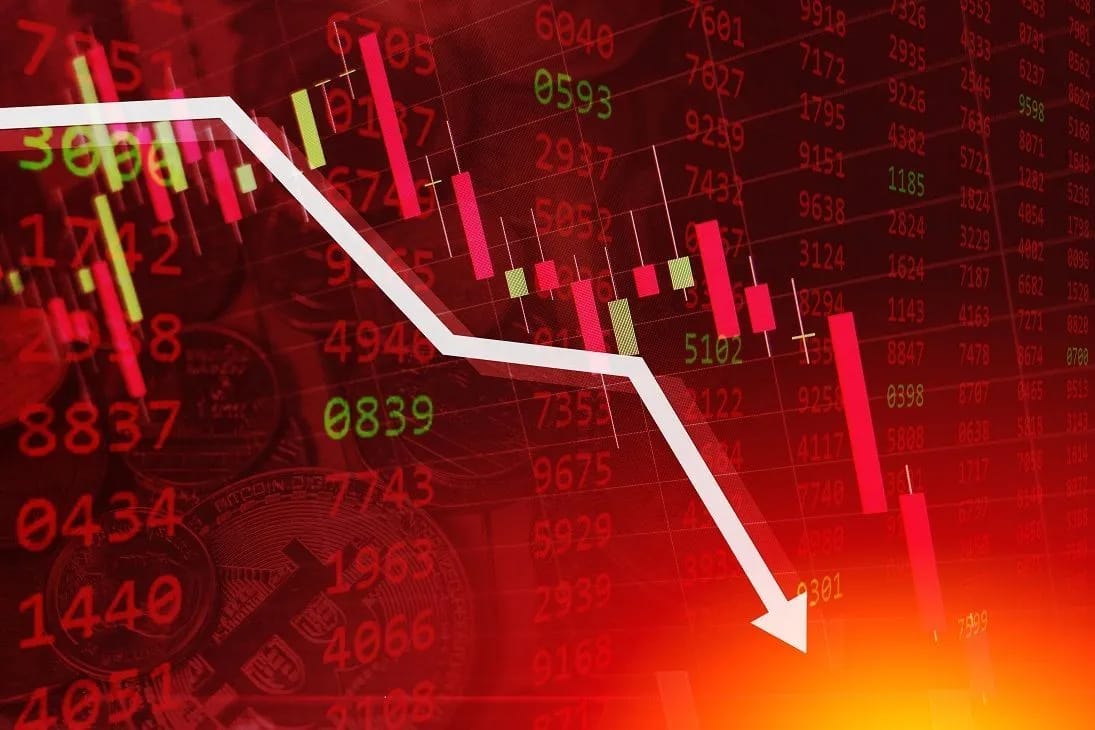The Indian stock market experienced a significant downturn today, with the Sensex falling by more than 1,700 points, resulting in a staggering loss of approximately Rs 10 lakh crore in market capitalization. This sharp decline was triggered by a combination of escalating geopolitical tensions, rising oil prices, and regulatory changes, prompting investors to reassess their risk exposure.
Key Factors Behind the Market Crash:
- Escalating Iran-Israel Conflict: Investor sentiment plummeted after Iran launched missiles at Israel, raising fears of a larger military conflict that could disrupt oil supplies. The potential for increased hostilities in the Middle East has created uncertainty in global markets, affecting investor confidence .
- Surge in Oil Prices: In response to the escalating conflict, crude oil prices have surged, with Brent crude exceeding $75 per barrel. As India is a major oil importer, rising oil prices could lead to inflationary pressures, adding to the challenges faced by the economy .
- Regulatory Changes by SEBI: The Securities and Exchange Board of India (SEBI) recently implemented stricter regulations in the Futures and Options (F&O) segment, including limiting weekly expiries and increasing contract sizes. Analysts suggest these changes could dampen retail investor sentiment, contributing to the market’s decline .
- Resurgence of Chinese Stocks: The recovery of Chinese stocks, fueled by government stimulus measures, has drawn foreign investments away from India. As a result, foreign institutional investors have pulled out significant capital, further exacerbating market instability. Recent reports indicate that FIIs have withdrawn over Rs 15,000 crore from Indian equities .
The combined impact of these factors led to widespread losses across all sectors, with major corporations such as Reliance Industries, HDFC Bank, and ICICI Bank heavily contributing to the index’s drop. Market analysts recommend close monitoring of geopolitical developments and their potential economic implications, as they could influence future market stability.
This downturn highlights the vulnerability of the Indian stock market to external shocks and underscores the importance of proactive risk management for investors in today’s volatile environment. For more detailed analysis and updates on this developing situation, stay tuned to leading financial news sources.




















